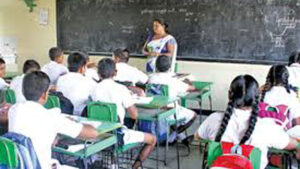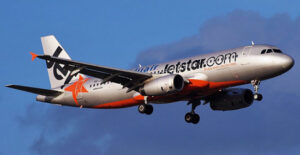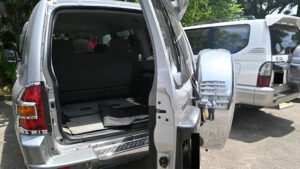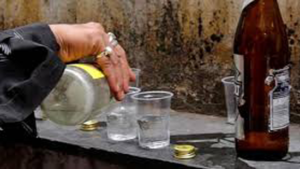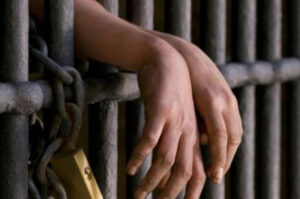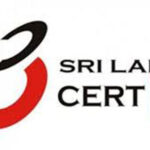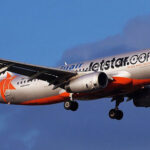The International Atomic Energy Agency (IAEA) SEED mission was carried out at the request of the Government of Sri Lanka and hosted by the Sri Lanka Atomic Energy Board (SLAEB) under the purview of the Ministry of Power and Energy by a team of experts from Canada, Pakistan and Turkey, as well as one IAEA staff member. As well as reviewing the site survey report, the siting process, siting criteria, data collection process and application of the management system for siting activities, the team also visited and observed one of the candidate sites in Pulmoddai, near the Trincomalee region.
Among its recommendations to optimise the site evaluation process to select the most favourable site, the team suggested that SLAEB should further align the siting process to the IAEA Safety Standard Series No SSG-35, Site Survey and Site Selection for Nuclear Installations. It also recommended that additional site-specific information should be collected and incorporates into the siting process.
The team noted as a good practice that SLAEB has been conducting collaborative siting studies “in an open and transparent manner with stakeholder organisations, such as the Geological Survey and Mines Bureau, Central Environmental Authority and the Department of Geology of University of Peradeniya”.
“Sri Lanka is comprehensively screening site-specific external hazards in the site selection process, while following the IAEA safety standards and adopting best practices,” mission team leader and IAEA Nuclear Safety Officer Ayhan Altinyollar said.
“Sri Lanka has identified nuclear as a clean and green energy source to fulfil the future electricity demand in Sri Lanka,” said SLAEB Chairman Rexy Denzil Rosa. “In March 2024, the Cabinet of Ministers made a strategic and knowledgeable commitment towards the country’s nuclear power planning programme. Interpretation and application of IAEA safety standards within the context of site selection for a nuclear power plant is crucial for a strong nuclear power programme in Sri Lanka.”
SEED missions are expert review missions that assist countries going through different stages in the development of a nuclear power programme, with a choice of modules offering focused reviews on areas such as site selection, site assessment and design of structures, systems and components, taking into consideration site specific external and internal hazards. The final SEED mission report will be delivered to the Government of Sri Lanka within three months, the IAEA said.
In 2022, a team of IAEA experts carried out a review of Sri Lanka’s readiness to commit to a nuclear power programme in an Integrated Nuclear Infrastructure Review which focused on the first stage of the IAEA’s Milestones Approach for countries that are newcomers to nuclear energy.
The next stage of the siting process – which Sri Lanka has already begun – will include evaluation, comparison and ranking studies of the candidate sites.




